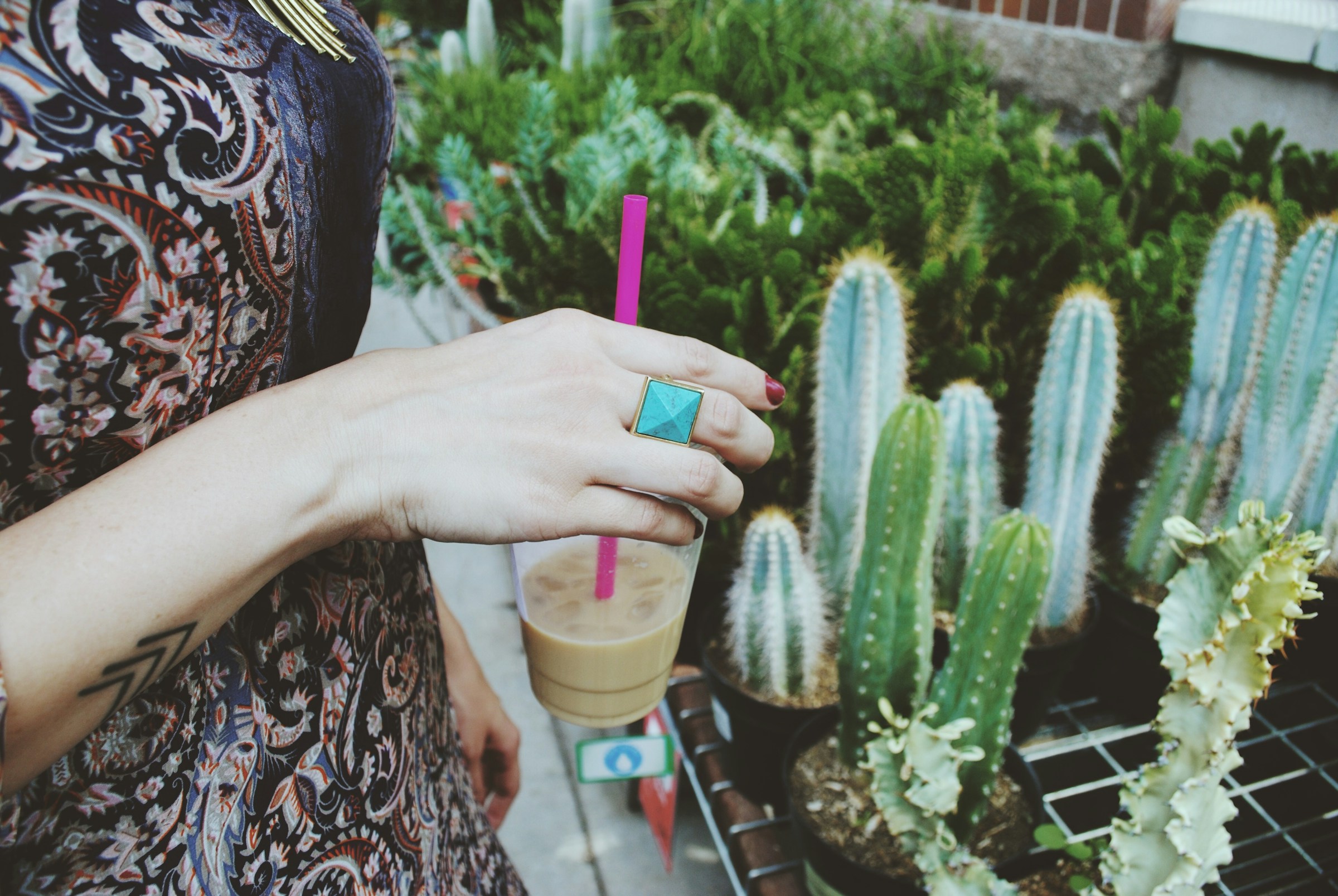Coffee grounds are more than just waste; they are a gardener’s secret weapon.
Rich in nutrients like nitrogen, they can boost plant growth and improve soil health.
In this article, we’ll explore 21 plants that thrive with coffee grounds.
You’ll learn how to use them effectively in your garden and discover tips to maximize their benefits.
Get ready to transform your garden with this eco-friendly, nutrient-rich resource.

21 Plants That Love Coffee Grounds: At A Glance
- Azaleas
- Blueberries
- Rhododendrons
- Hydrangeas
- Tomatoes
- Carrots
- Radishes
- Roses
- Hollies
- Gardenias
- Camellias
- Cyclamen
- Parsley
- Peppers
- Citrus Trees
- Strawberries
- Fiddle Leaf Figs
- Snake Plants
- African Violets
- Jade Plants
- Sunflowers
Benefits of Coffee Grounds for Plants
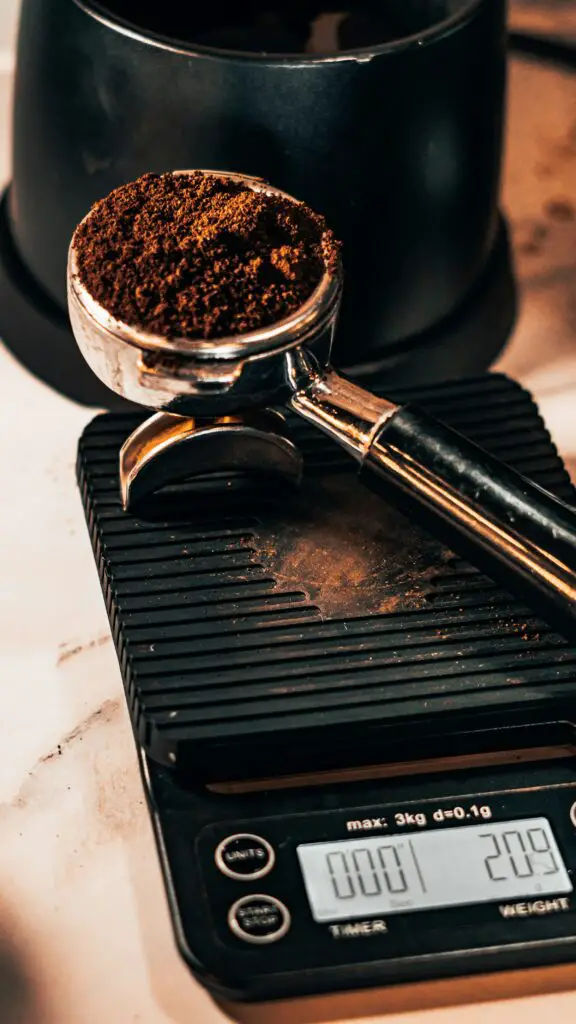
Nutrient Content
Coffee grounds are packed with essential nutrients that plants love.
They contain nitrogen, which is crucial for plant growth.
Nitrogen helps plants develop strong stems and vibrant leaves.
Additionally, coffee grounds offer potassium and magnesium.
Potassium aids in root development and disease resistance, while magnesium is vital for photosynthesis.
Soil Improvement
Using coffee grounds can enhance your soil’s structure.
They help improve aeration, allowing roots to breathe and grow more efficiently.
Coffee grounds also increase soil’s water retention, making sure plants get the moisture they need.
Over time, the grounds break down and enrich the soil with organic matter, promoting healthier plant growth.
Pest Deterrence
Coffee grounds can naturally repel pests.
They are known to keep away slugs and snails, which can damage plants.
The strong scent of coffee is unpleasant to many insects, helping to protect your garden without the need for chemical pesticides.
Sprinkling coffee grounds around plants creates a barrier that many pests will avoid.
Composting Benefits
Adding coffee grounds to your compost pile can boost its quality.
Coffee grounds are green compost material, meaning they are rich in nitrogen.
This helps balance the carbon-rich brown materials, such as leaves and paper.
The result is a more efficient composting process.
The nitrogen from coffee grounds accelerates decomposition, producing rich, fertile compost faster.
How to Use Coffee Grounds in the Garden
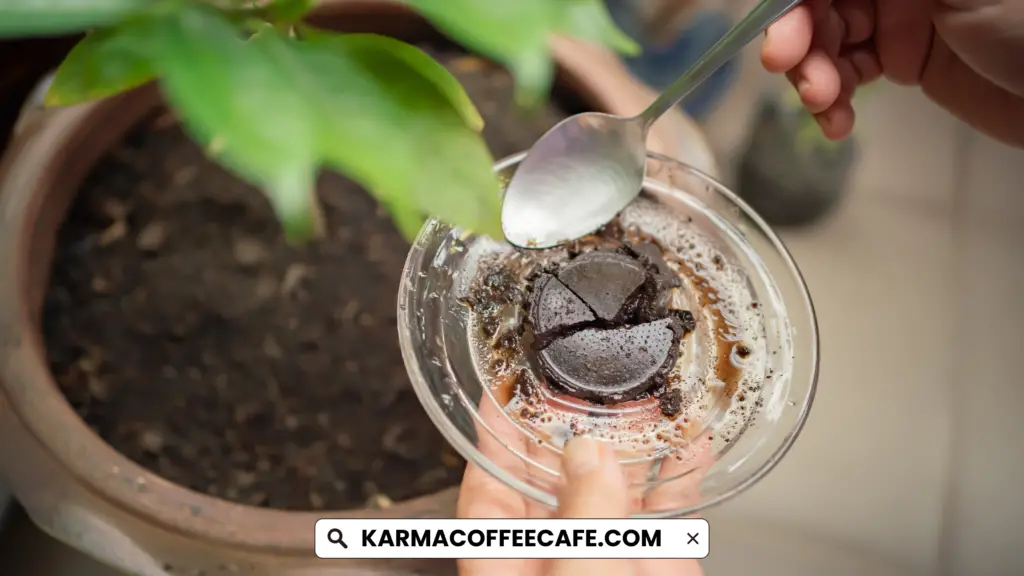
As Mulch
Coffee grounds make excellent mulch for your garden.
They help retain moisture in the soil, reduce weed growth, and improve soil structure.
To use coffee grounds as mulch, spread them in a thin layer around the base of your plants.
Avoid piling them up too thickly, as this can create a barrier that prevents water from reaching the roots.
Mixing the grounds with other organic mulch materials, such as leaves or straw, can also help distribute nutrients more evenly.
In Compost
Adding coffee grounds to your compost is straightforward and highly beneficial.
To add them to your compost, simply sprinkle the grounds into your compost bin or pile.
Make sure to balance them with brown compost materials like dried leaves, cardboard, or straw.
A good rule of thumb is to maintain a ratio of four parts brown materials to one part green materials.
This balance helps create a rich, fertile compost that can be used to nourish your garden.
Direct Application
You can also use coffee grounds directly in the soil.
Mix them into the top few inches of soil in your garden beds or pots.
This helps improve soil structure and adds nutrients directly where plants need them.
Another method is to make a coffee ground “tea” by soaking the grounds in water for a few days.
Use this liquid to water your plants, giving them a quick nutrient boost.
Remember to mix the grounds well with the soil to prevent clumping and ensure even distribution.
Precautions
While coffee grounds are beneficial, it’s important to use them correctly.
Overuse can lead to overly acidic soil, which can harm some plants.
Always conduct a soil test before adding large quantities of coffee grounds to your garden.
Mix them with other organic materials to balance the pH levels.
Additionally, avoid using fresh coffee grounds around plants that prefer alkaline soil.
Used coffee grounds are less acidic and generally safer for a wider variety of plants.
Using coffee grounds in moderation and monitoring your soil’s pH will help you maximize their benefits without causing harm.
21 Plants That Love Coffee Grounds
1. Azaleas
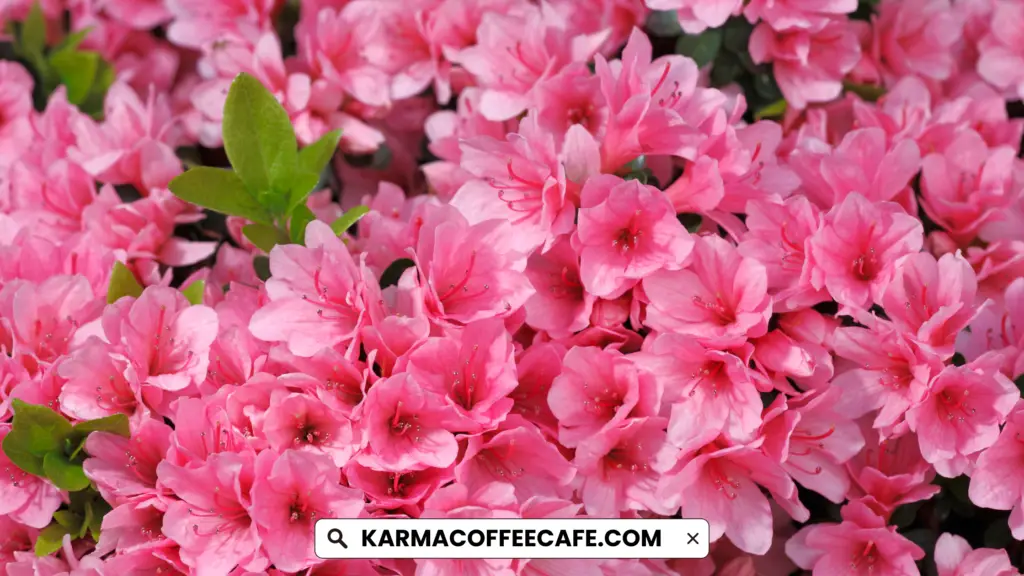
Azaleas thrive in acidic soil, making coffee grounds an ideal addition.
The added acidity helps these plants absorb nutrients more effectively.
This results in healthier growth and more vibrant blooms.
2. Blueberries
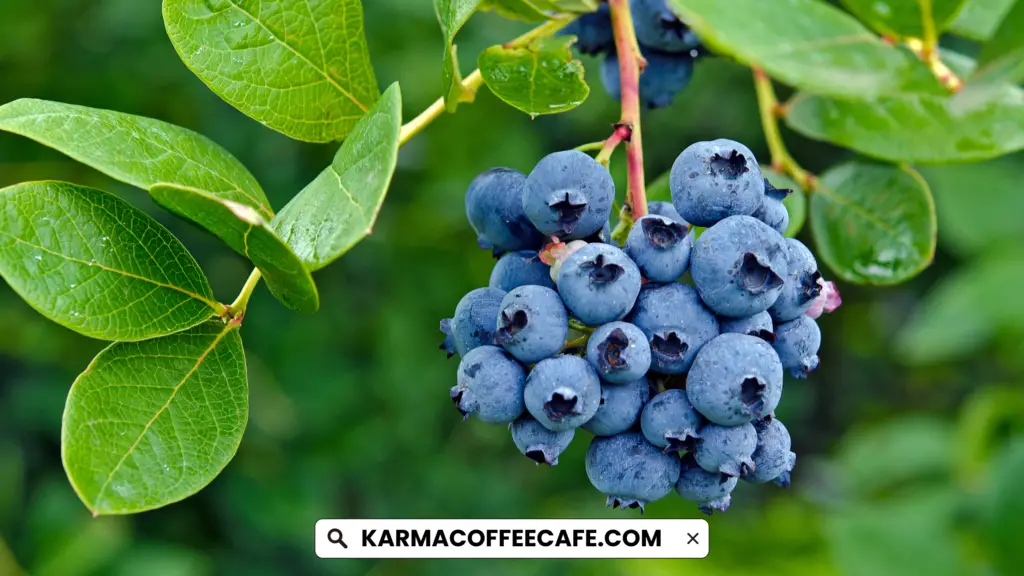
Blueberries benefit greatly from coffee grounds.
The nitrogen and acidity enhance fruit production and improve overall soil conditions.
This leads to larger, juicier berries and stronger plants.
3. Rhododendrons
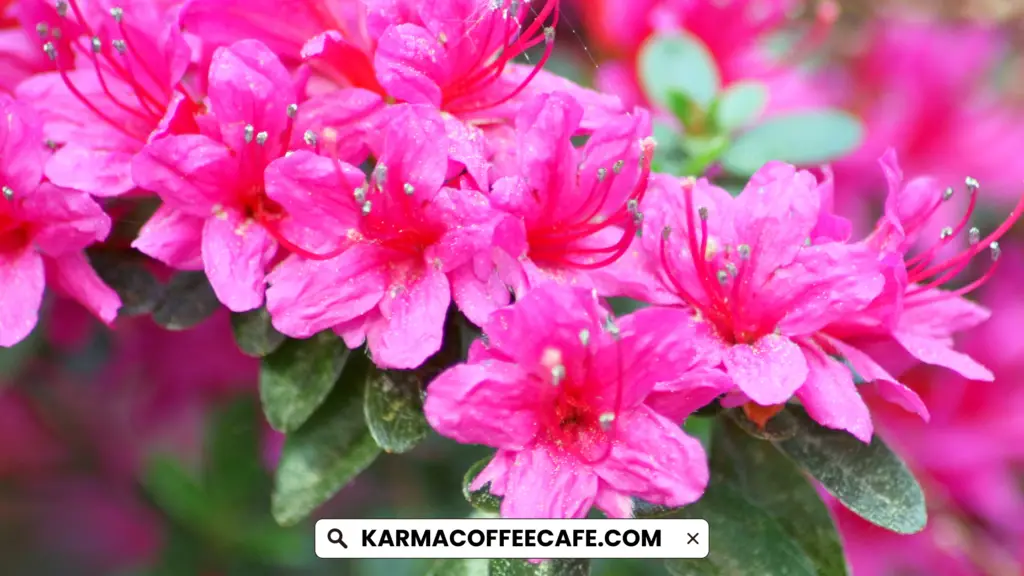
Rhododendrons also prefer acidic soil.
Coffee grounds provide essential nutrients and help adjust soil pH to optimal levels.
This promotes lush foliage and abundant flowers.
4. Hydrangeas
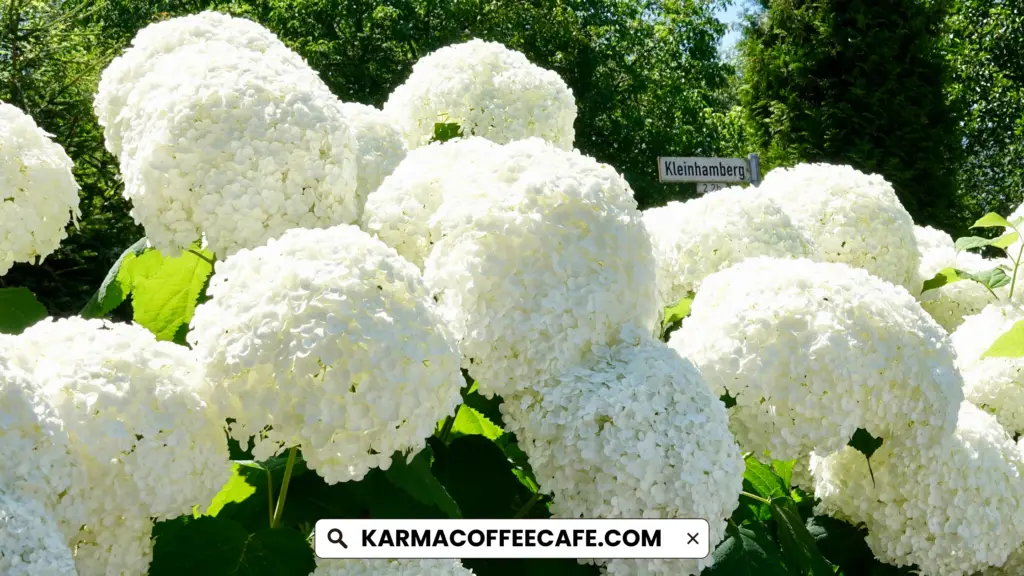
Hydrangeas can change color based on soil pH.
Adding coffee grounds can make the soil more acidic, resulting in blue blooms.
This also improves soil structure and health.
5. Tomatoes
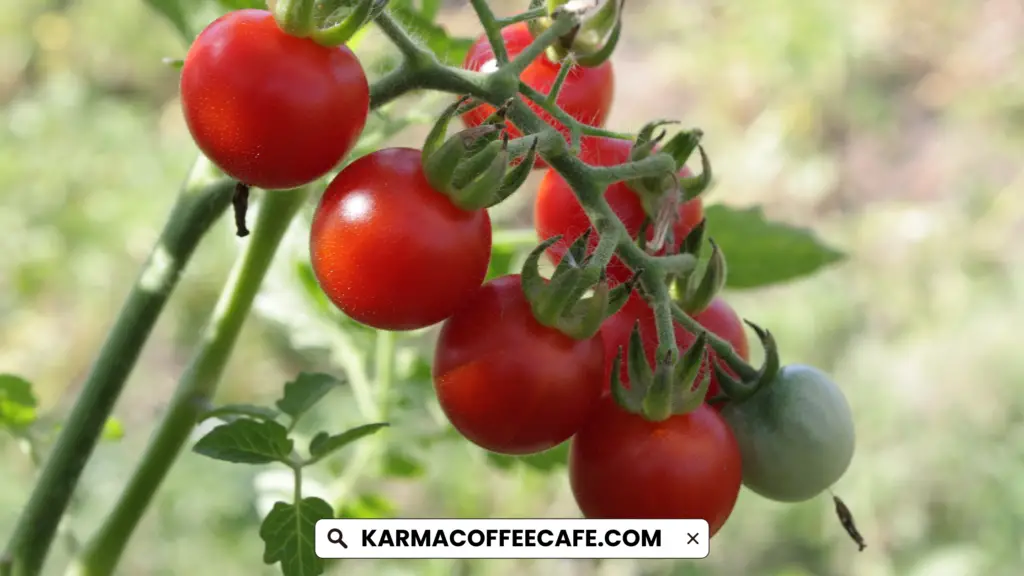
Tomatoes enjoy the nutrient boost from coffee grounds.
The nitrogen helps enhance growth and fruiting, resulting in more robust plants and a higher yield of tomatoes.
6. Carrots
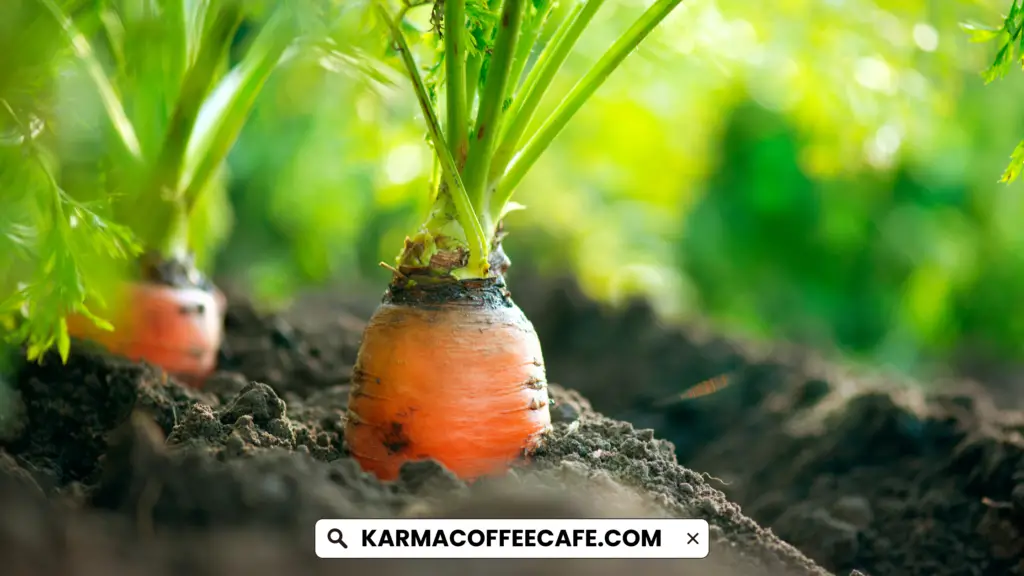
Coffee grounds enrich the soil for carrots, improving their growth.
The grounds also help deter pests, protecting the carrots from damage.
7. Radishes
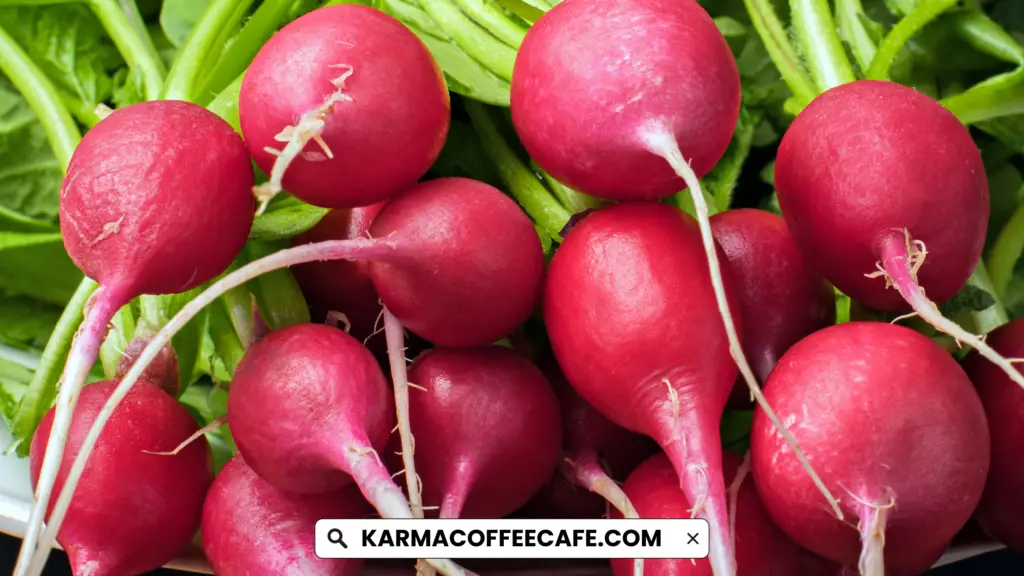
Radishes grow quickly and benefit from the nutrients in coffee grounds.
This addition boosts growth and increases the yield of crisp, flavorful radishes.
8. Roses
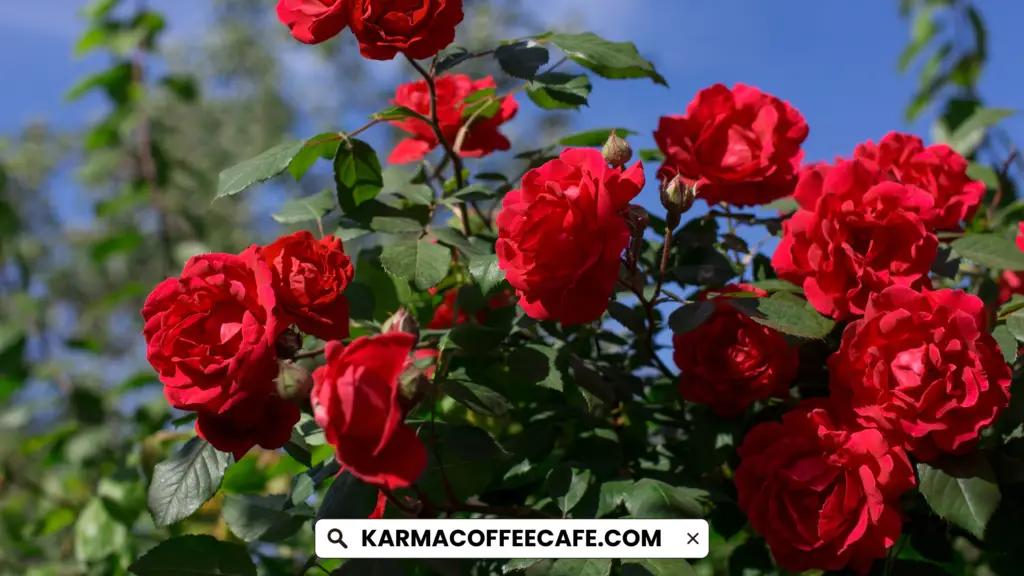
Roses love slightly acidic soil, and coffee grounds help provide this.
The nutrients improve bloom quality, leading to more vibrant and healthy flowers.
9. Hollies

Hollies thrive in acidic soil conditions.
Adding coffee grounds stimulates growth and provides essential nutrients, helping the plant flourish.
10. Gardenias
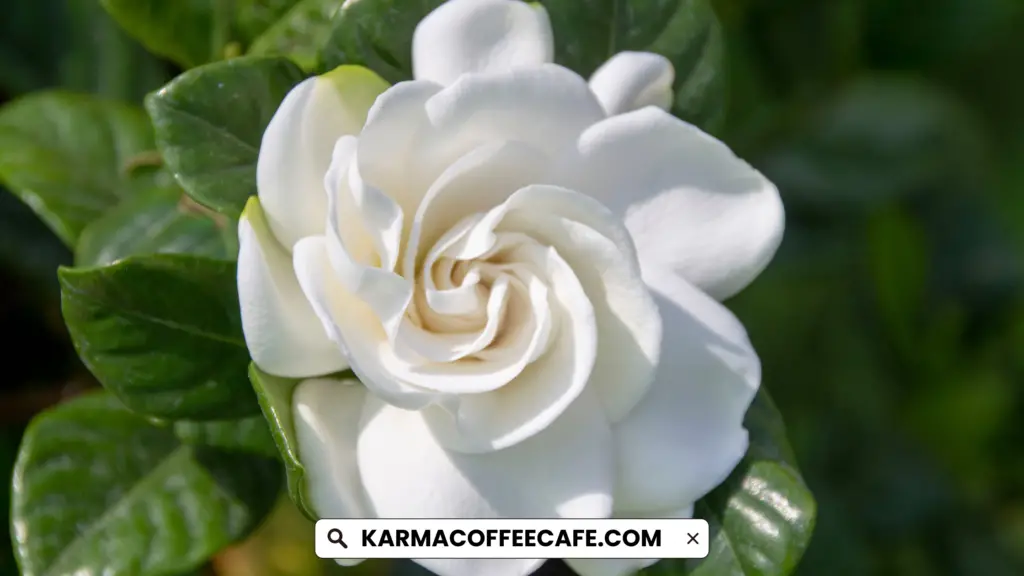
Gardenias benefit from the acidity and nutrients in coffee grounds.
This enhances their scent and promotes abundant flower production.
11. Camellias
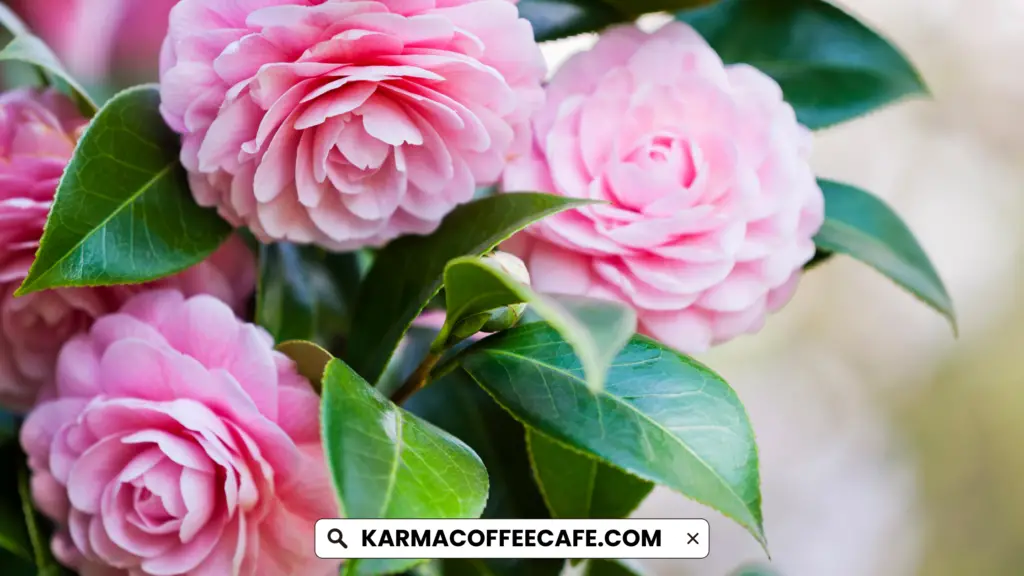
Camellias prefer acidic soil, and coffee grounds help meet this need.
They also enhance flower quality and overall plant health.
12. Cyclamen
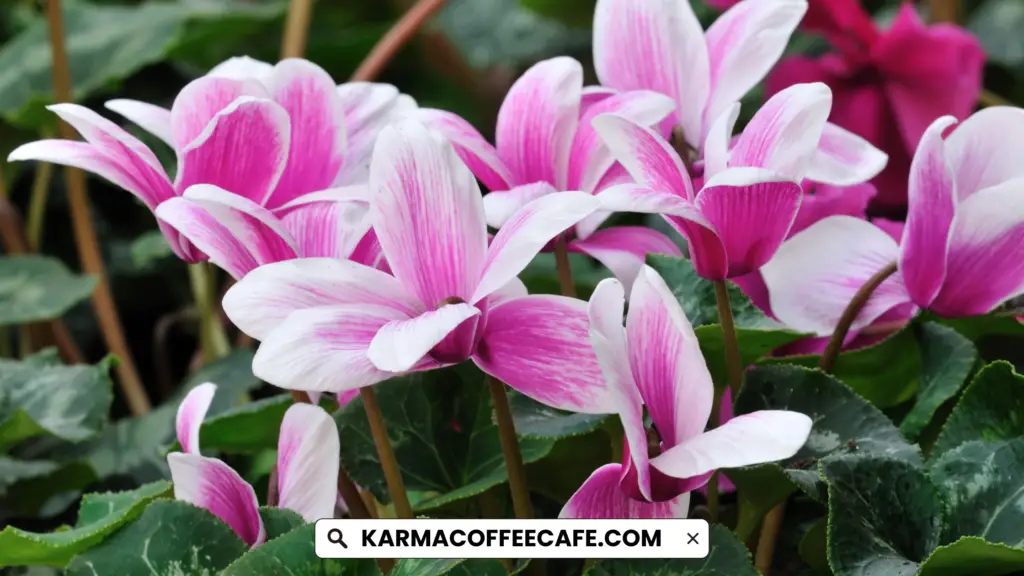
Cyclamen plants enjoy the nutrient boost from coffee grounds.
This helps promote vibrant blooms and overall plant health, making them more resilient.
13. Parsley
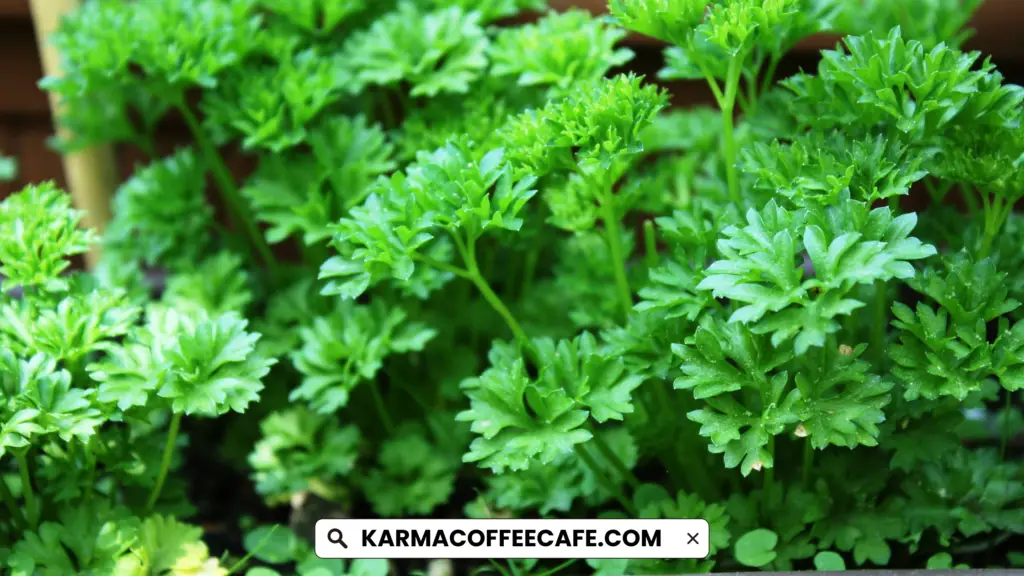
Parsley benefits from the nitrogen in coffee grounds, which promotes leafy growth.
Additionally, coffee grounds can help deter pests from this herb.
14. Peppers
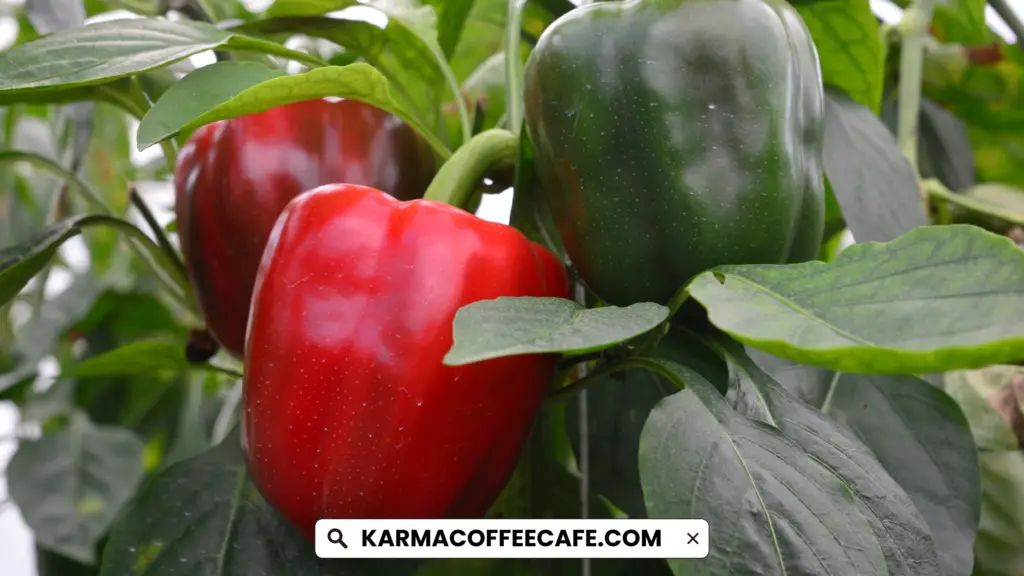
Peppers thrive with the soil enrichment provided by coffee grounds.
The nutrients support healthy growth and fruit production.
15. Citrus Trees

Citrus trees benefit from the nutrients in coffee grounds, which enhance fruit quality and overall tree health.
The grounds also help improve soil structure and drainage.
16. Strawberries
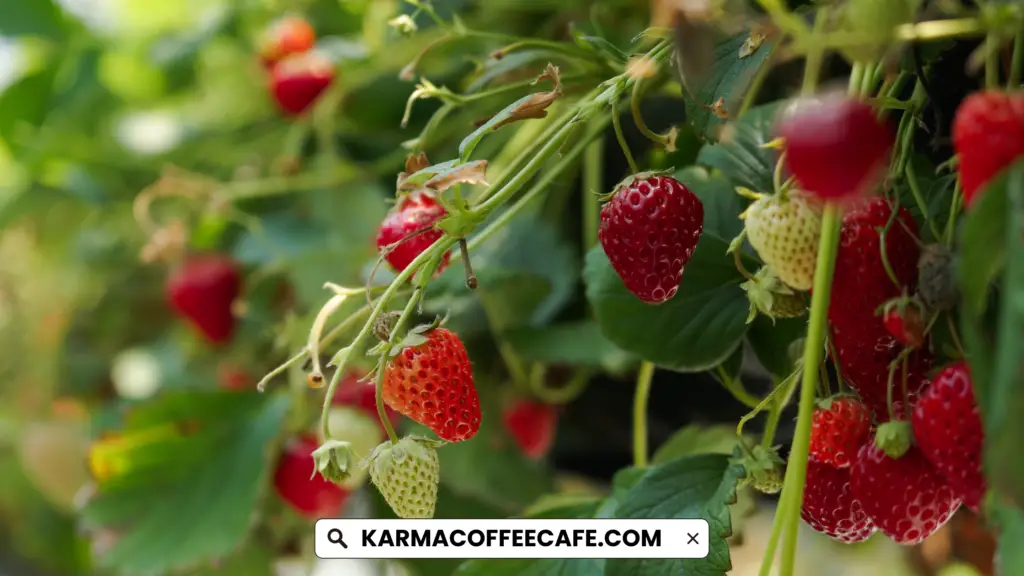
Strawberries grow stronger and produce more fruit with the help of coffee grounds.
The grounds also deter pests, protecting the plants.
17. Fiddle Leaf Figs
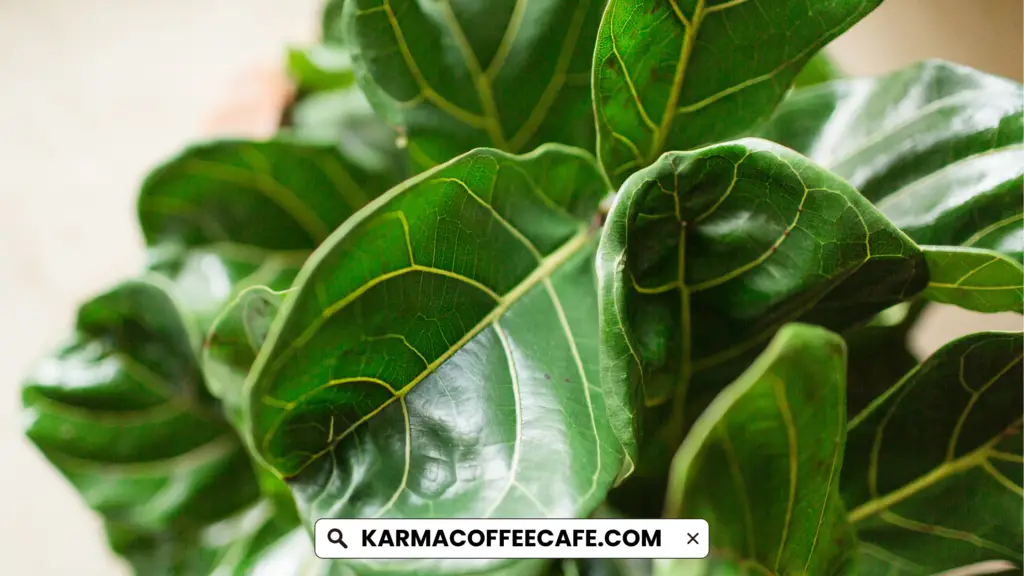
Fiddle leaf figs, popular indoor plants, benefit from coffee grounds.
They improve soil structure and provide essential nutrients, promoting healthy growth.
18. Snake Plants
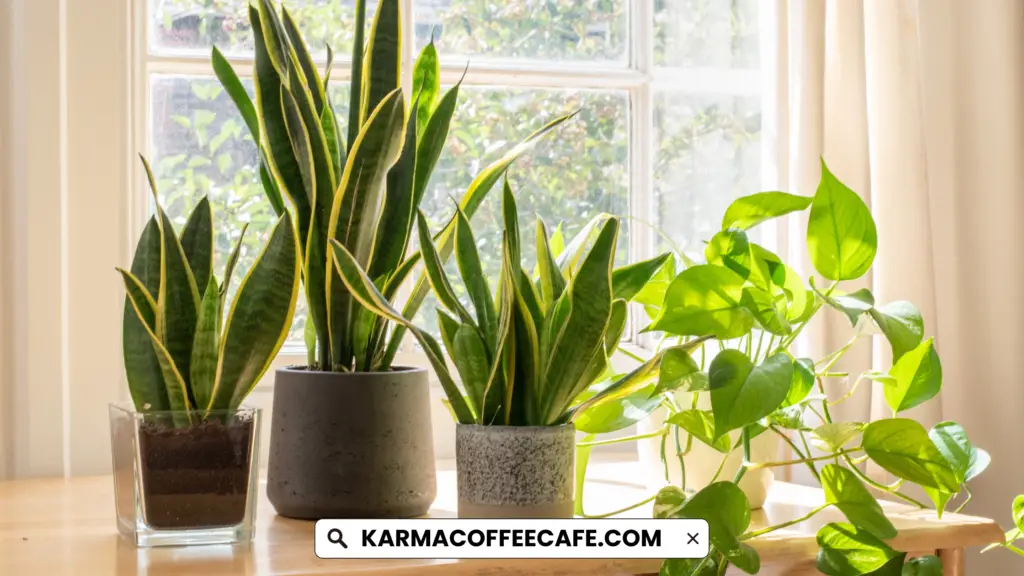
Snake plants thrive with the occasional addition of coffee grounds.
The grounds improve soil structure and supply necessary nutrients for healthy growth.
19. African Violets
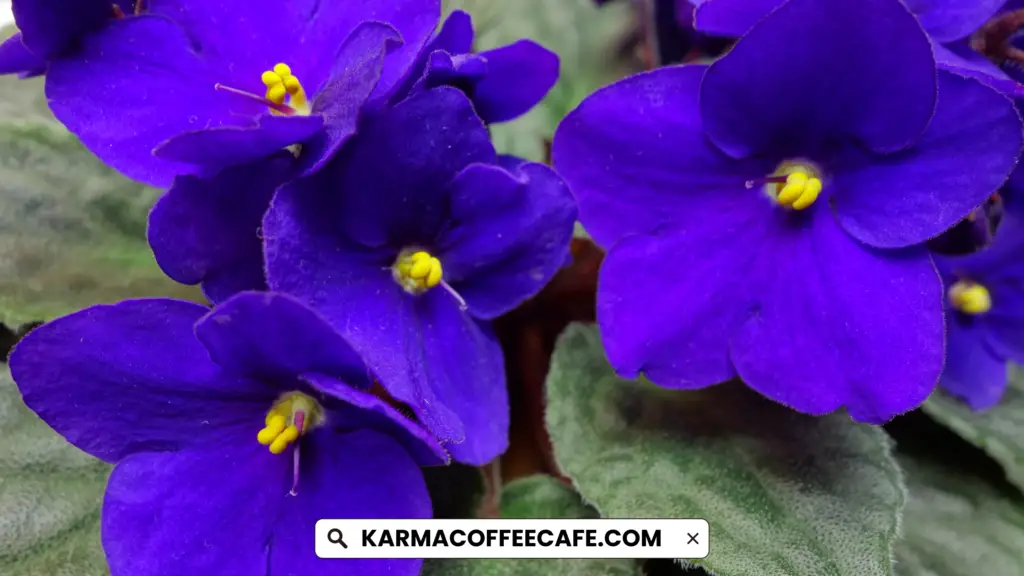
African violets enjoy the slight acidity and nutrients provided by coffee grounds.
This helps enhance their blooms and overall soil conditions.
20. Jade Plants
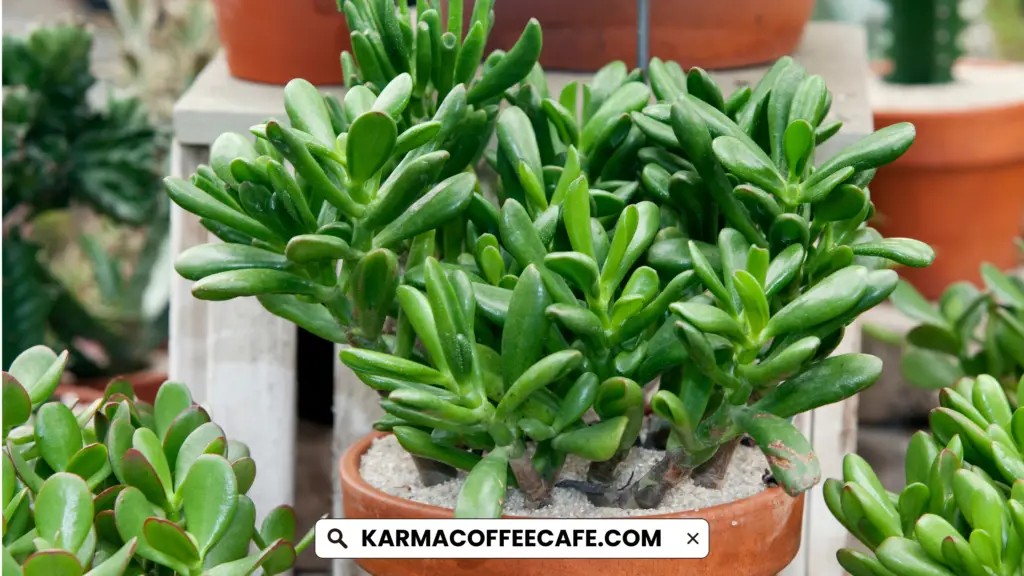
Jade plants benefit from coffee grounds, which promote growth and help retain soil moisture.
This leads to more robust and healthy plants.
21. Sunflowers

Sunflowers grow tall and strong with the help of coffee grounds.
The nutrients enrich the soil, leading to vigorous growth and vibrant blooms.
Additional Tips for Using Coffee Grounds
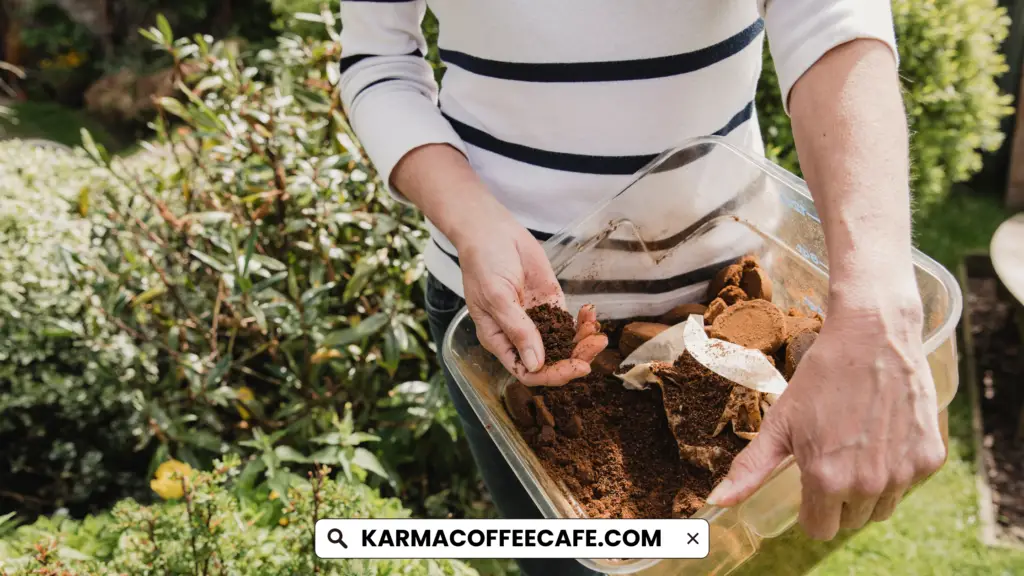
Frequency and Quantity of Application
When using coffee grounds in your garden, moderation is key.
Apply them sparingly to avoid over-acidifying the soil.
A good rule of thumb is to add no more than 10-20% coffee grounds to your soil mix.
This ensures your plants get the benefits without overwhelming them.
Spread a thin layer around the base of plants every few weeks.
Mixing the grounds into the top layer of soil helps them decompose more effectively, releasing nutrients gradually.
Adjusting Usage Based on Plant Cycles
Adjust the use of coffee grounds according to the season and plant growth cycles.
In the spring, when plants are actively growing, coffee grounds can provide a much-needed nutrient boost.
During the summer, use them to help retain soil moisture.
In the fall, coffee grounds can be added to compost piles to prepare rich compost for the next growing season.
Be cautious in winter, as applying coffee grounds directly to the soil can lead to waterlogging and root rot if the ground freezes.
Mixing with Other Organic Matter
For best results, mix coffee grounds with other organic materials.
Combining them with compost, leaves, or grass clippings creates a balanced soil conditioner.
This mix provides a wider range of nutrients and improves soil texture.
It also helps maintain a neutral pH, preventing soil from becoming too acidic.
When adding coffee grounds to compost, layer them with brown materials like straw or dried leaves.
This balance accelerates decomposition and creates richer compost for your garden.
Conclusion
Using coffee grounds in your garden offers numerous benefits, from enriching soil and boosting plant growth to deterring pests.
By following best practices and adjusting your approach seasonally, you can make the most of this natural resource.
Experiment with coffee grounds and observe how your plants respond.
Feel free to share your experiences and tips in the comments.
Your insights can help other gardeners make their gardens thrive.


